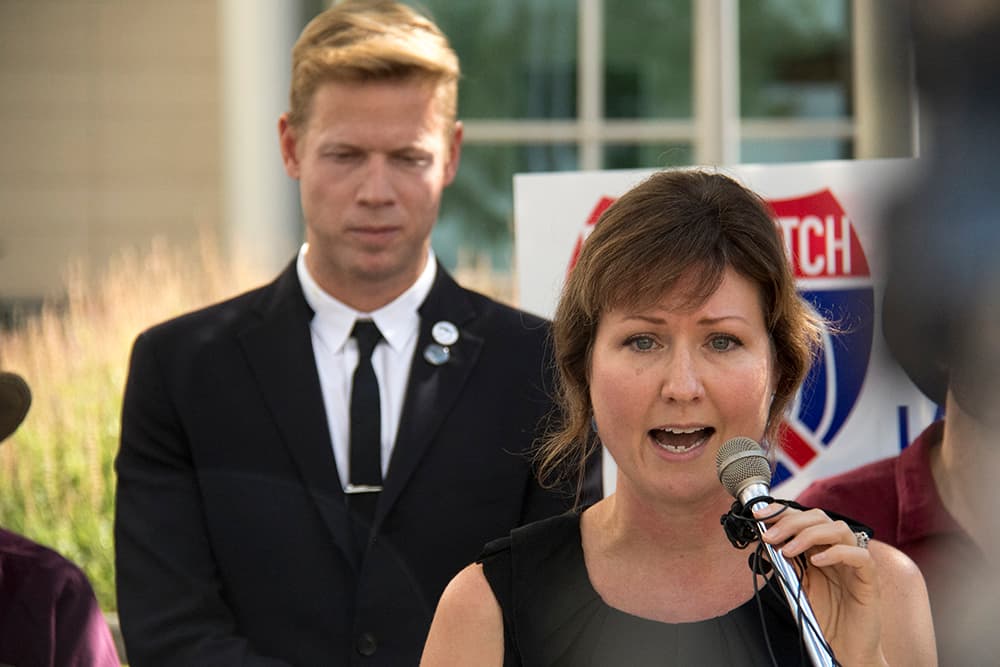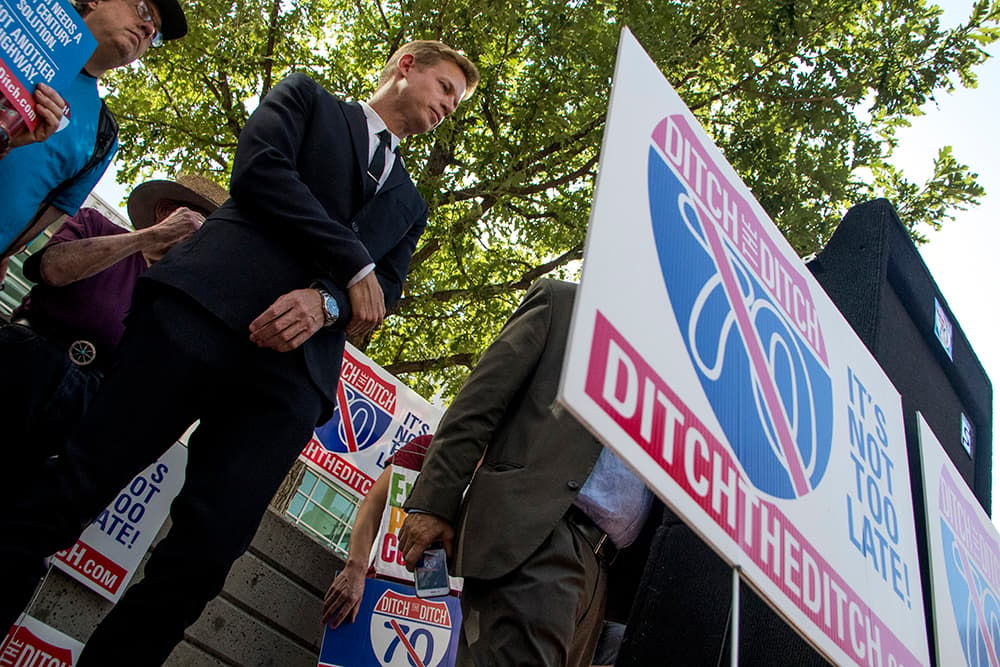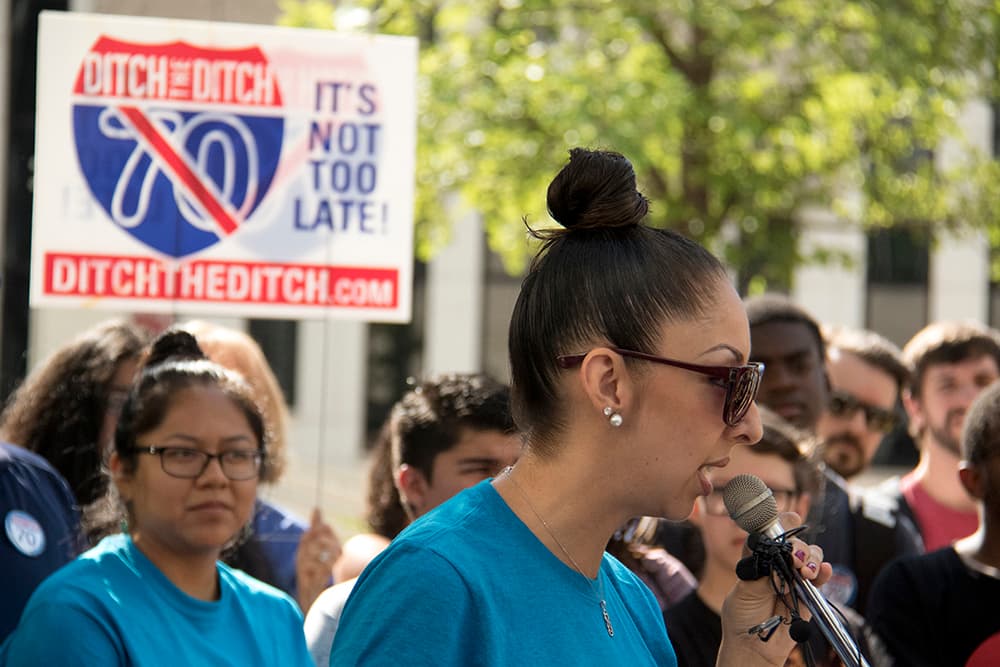
A prominent Denver developer and four other plaintiffs are suing the Federal Highway Administration over its decision to approve a major expansion of I-70 through north Denver.
The lawsuit, which was promised by opponents of the project, comes on the last possible day to challenge the federal government's "green light" for the expansion, which will involve sinking the highway below grade.
Kyle Zeppelin, Brad Evans, Christine O'Connor, Kimberly Morse and Jacqueline Lansing are the plaintiffs. They allege that the Colorado Department of Transportation and the Federal Highway Administration did not follow the requirements of the National Environmental Protection Act because the environmental impact analysis did not fully take into account either the effects of tunneling through a Superfund site or the relationship between the highway expansion and the Platte to Park Hill flood control project.
Specifically, they say the city's own documents show that the flood control project was put under city auspices because making it explicitly part of the highway project would trigger additional environmental reviews that would further delay the expansion. CDOT has been pursing the I-70 project for more than a decade.
The lawsuit will seek a temporary injunction to freeze work on both the highway expansion and the flood control project while the courts review the evidence. The ultimate goal is a permanent injunction that sends CDOT back to the drawing board.
"It's not a done deal," said Evans, disputing the position of city and state officials toward the project.
Opponents of the expansion want to see the I-270/I-76 route used for through traffic, with local traffic between Stapleton and downtown handled by surface streets.
Zeppelin is part of the force behind TAXI and other prominent RiNo projects, and he lives in the Globeville neighborhood with his wife and young daughters. He is funding a significant portion of the lawsuit, with the Ditch the Ditch community group also raising more than $50,000 toward the effort.
Zeppelin described himself as "unwilling to play the patronage game" and be silent about something he thinks is wrong in exchange for favorable status with city officials.

This is the third active lawsuit related to the I-70 expansion. Neighborhood and environmental groups are suing the Environmental Protection Agency over changes to how air pollution is measured that make it easier for the I-70 project to comply, and another group of Denver residents are suing the city over the use of City Park Golf Course for water detention. A separate civil rights claim was rejected.
A fourth lawsuit is also in the works related to alleged violations of the Clean Air Act.
Candi CdeBaca, a lifelong Swansea resident and community activist who has been a vocal opponent of the I-70 project, is not a plaintiff, and the plaintiffs in this latest lawsuit are not personally representative of the low-income Latino families who make up the majority of Elyria-Swansea residents most directly affected by the project.
CdeBaca said those residents are represented in the other lawsuits, and it's important to show the broad impact of the project, which includes taxpayers around the state.
"There are a lot of impacted people," she said. "The broader impact we can show, the better."
"This wasn't a surprise," CDOT spokeswoman Rebecca White said. "We've been working on these issues for 14 years. We have absolute confidence in the project and the balance we've struck."
Denver Mayor Michael Hancock said he would not comment directly on the allegations in the lawsuit, but he defended -- as city officials have repeatedly -- the decision to develop the Platte to Park Hill flood control project.
"With the projects that we had as well as what CDOT was doing, it made sense that we not crack that up twice," he said. "It made good economic sense, it made good logistical sense, to do what we did.
He also defended expanding the highway as the best option for the city.
"We will never move completely away from automobiles," he said. "I-70 is critical to the commerce of our region and our state and our city. The question is how do we make it so it is more environmentally safe and more convenient for people who travel it?"
But several City Council members are supporting the lawsuit: Debbie Ortega, Paul Kashmann and Raphael Espinoza, who has been a frequent and outspoken critic of the project, going so far as trying to join one of the other lawsuits related to the flood control project.
The entire city "will be better served if these suits are won by the community," Espinoza said.













